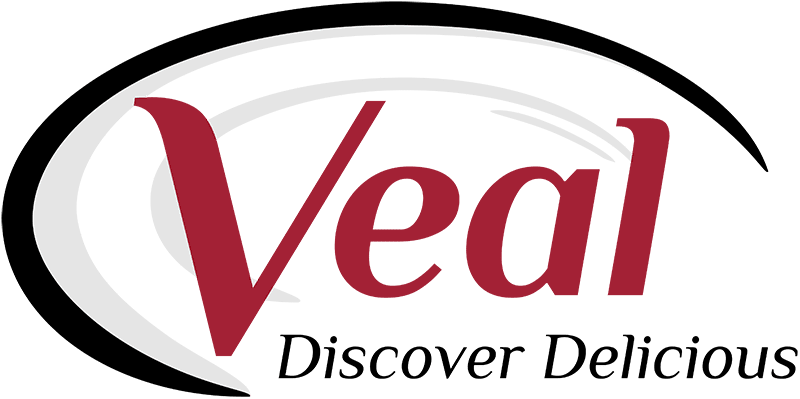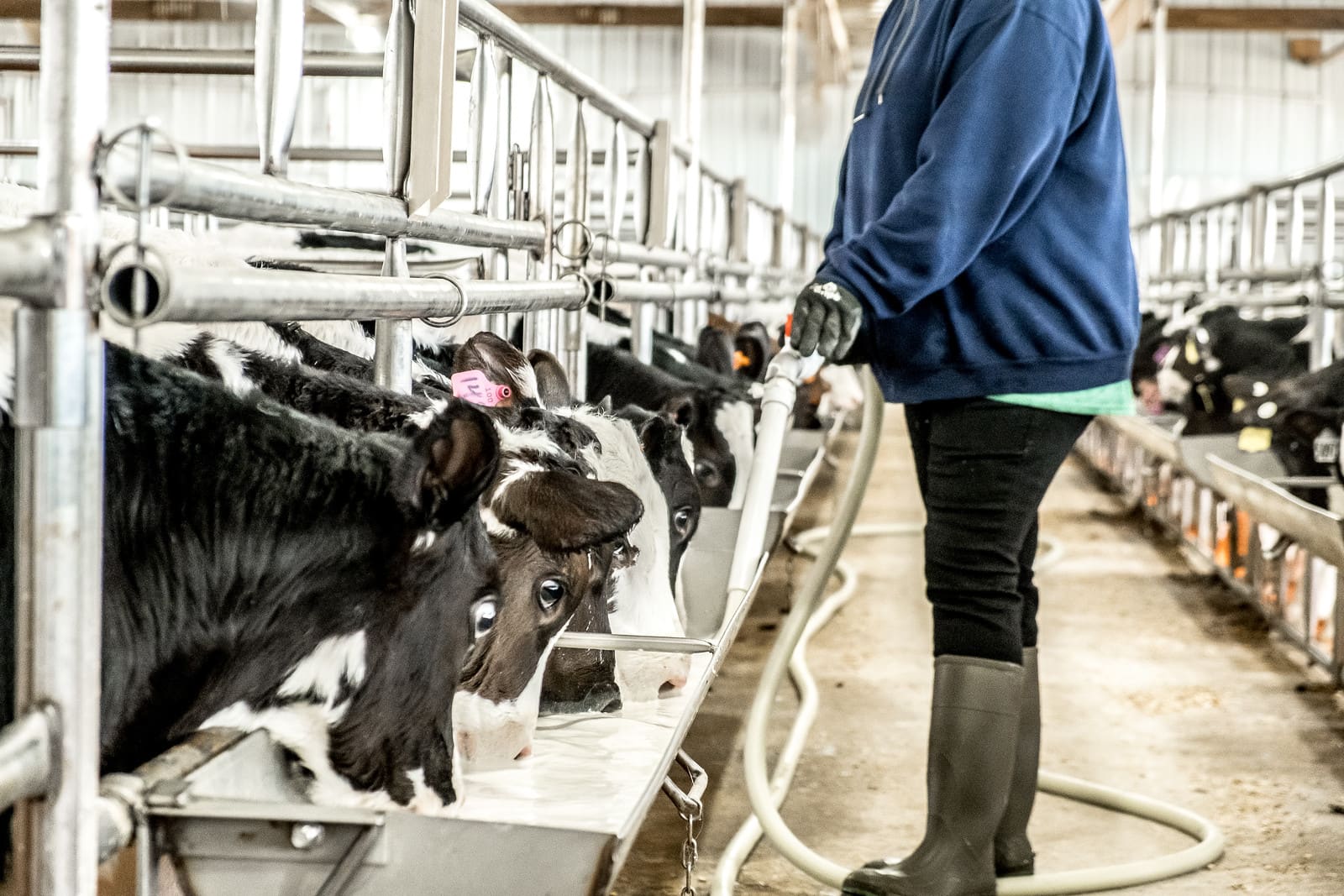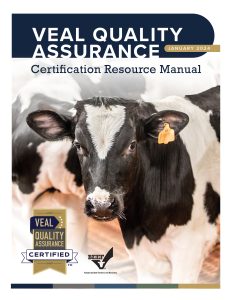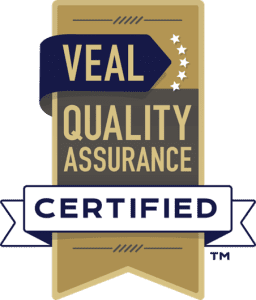
Ensuring responsibly raised, safe, quality veal
Originating in 1990, the goal of Veal Quality Assurance (VQA) is to provide a foundation and framework of high standards to ensure formula-fed veal calves raised in the U.S. receive excellent animal care and that those raising calves, in collaboration with licensed veterinarians and animal nutritionists, follow science-based best practices and regulatory requirements to prioritize animal welfare throughout the production system resulting in consistent, safe, quality veal.
The Certification Resource Manual serves as an educational resource outlining the Expected Outcomes for VQA certification and the best management practices for achieving certification.
The 2024 VQA manual was reviewed and updated by a Technical Review Group in 2023.
VQA Certification Requirements
To be VQA certified, each farm and its owner/farm manager producing formula-fed veal is expected to:
A. Maintain a Veterinarian-Client-Patient-Relationship (Form 1)
B. Meet the Expected Outcomes outlined in the VQA manual
C. Have a licensed veterinarian (preferably the one identified in your VCPR) assess and provide documentation every three years confirming that Expected Outcomes are achieved (Form 2)
VQA Fillable Forms, Charts and Protocols
Calf Respiratory Scoring Chart
For additional VQA program information contact: VQA@LookEast.com
The VQA program is funded by the Beef Checkoff and is managed by the North American Meat Institute. To learn more about the Beef Checkoff, visit www.BeefBoard.org
